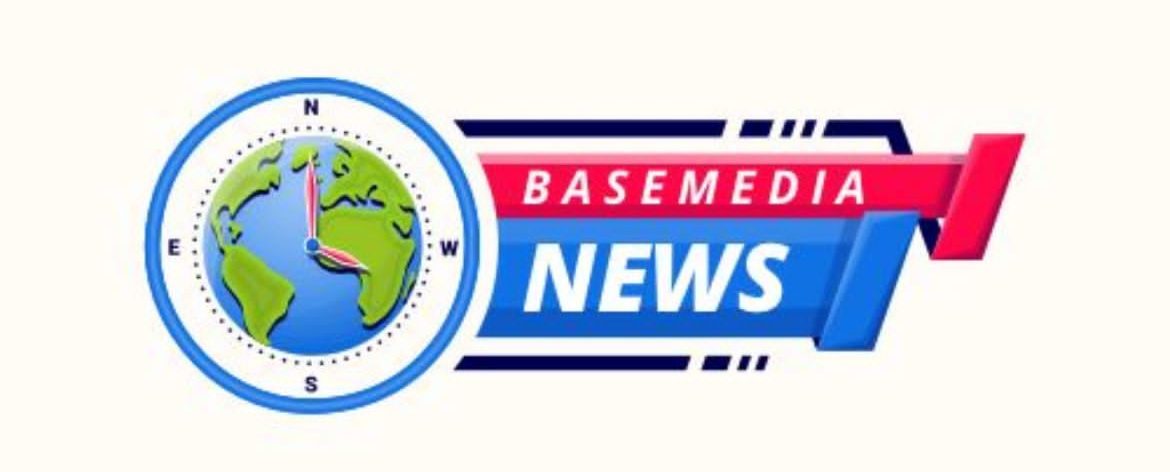Mrs. Jane Egerton-Idehen, the managing director of Nigerian Communications Satellite Limited, or NIGCOMSAT Ltd., has observed that problems pertaining to satellite, information, and communication technology are frequently underreported and misinterpreted.
Given how essential technology is to human existence, she characterized this as a significant challenge in the industry.
Egerton-Idehen noted that satellites and ICT are now a part of everyday life while speaking at an Abuja ICT reporters’ training.
We now live in a digital age where ICT and satellites are a part of everyday life rather than being futuristic or abstract.
“Satellites support disaster response, weather forecasting, internet access in rural villages, and even national security.”
The nervous system of our society, on the other hand, is information and communication technology (ICT), which powers commerce, education, healthcare, and government.
But here is the challenge: as critical as these technologies are, they are often under reported or misunderstood.
“Not because the media does not care, but because access to clear, foundational knowledge has not always been there. And that is why today matters.
“Nigeria is not just a consumer of technology; we are creators and contributors. Our satellites, our ICT infrastructure, and our vibrant startup ecosystem are proof of this.
Africa’s ICT industry is one of the fastest-growing, and it has a lot of promise. But we need powerful, knowledgeable media voices if we are to responsibly unlock that potential.
“Keep in mind that engineers and legislators are not the only people involved in Nigeria’s digital transformation. It also depends on how well you, the media, are able to explain complicated technology to Nigerians in a way that they can understand on a daily basis.





